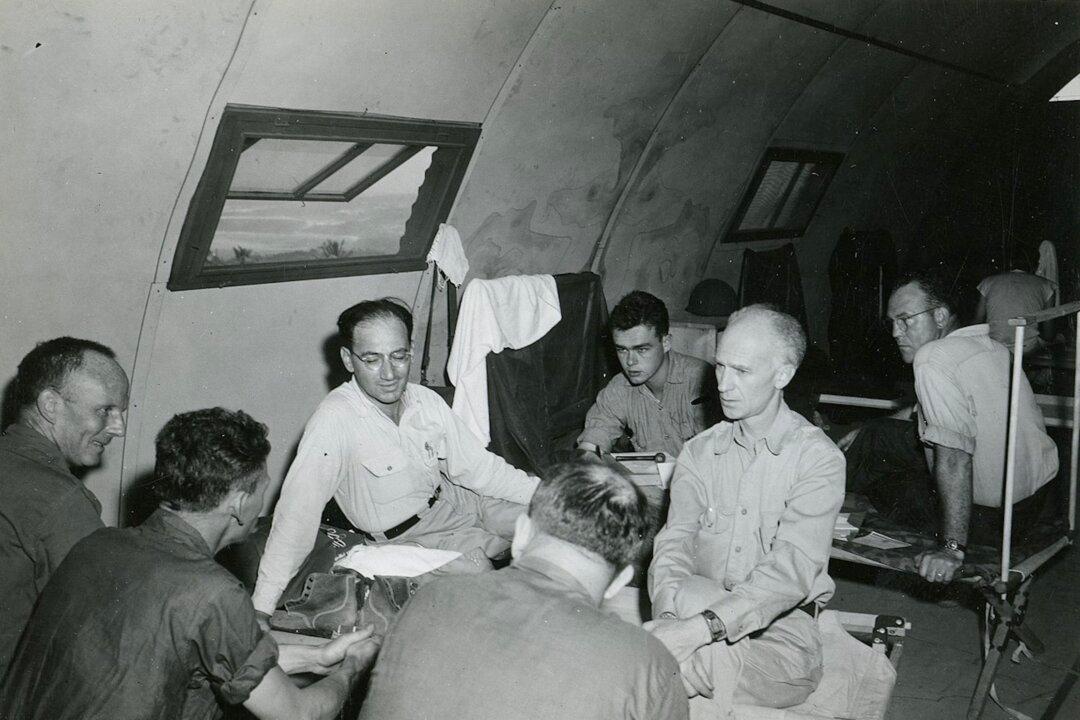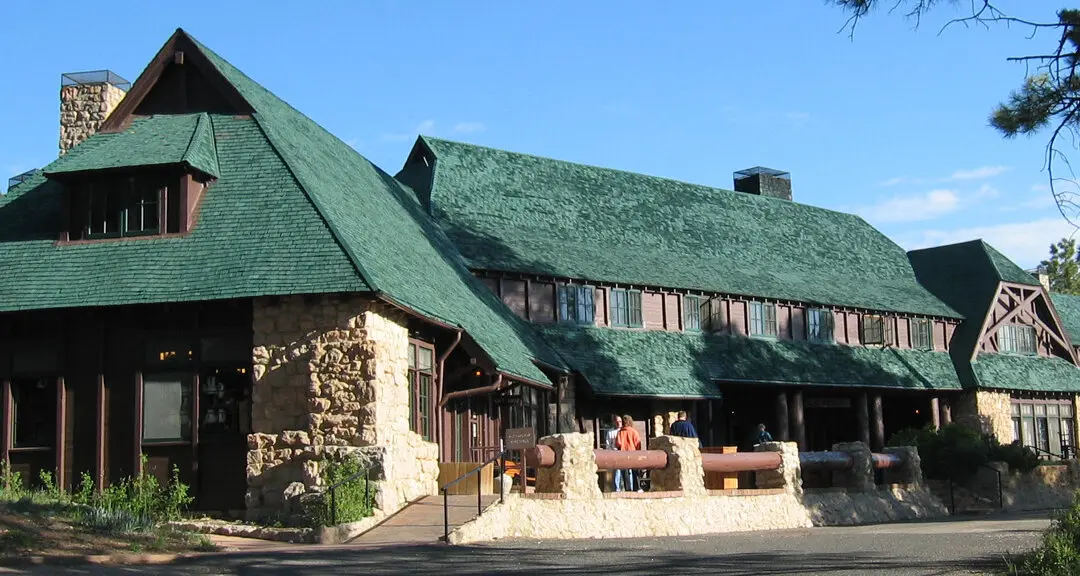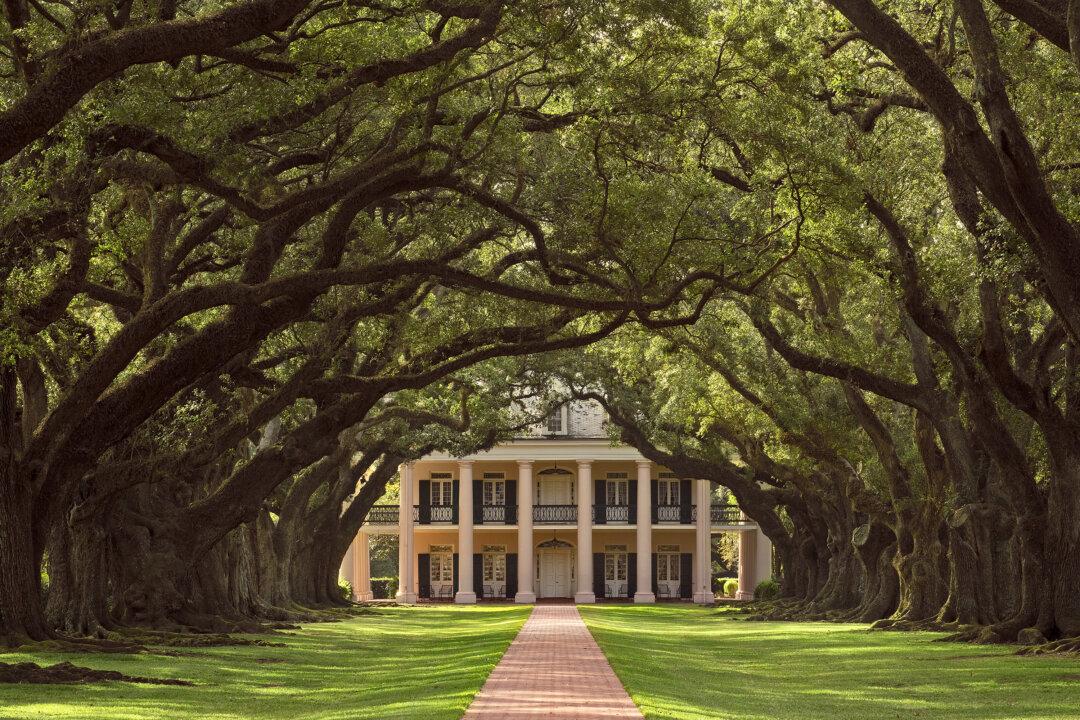While most World War II correspondents focused on casualty rates, war strategies, and equipment losses, Ernie Pyle wrote in a sense-of-place style that endeared him not only to American soldiers, but also to their friends and family members at home. Newspapers touted wide-angle news, but Pyle captured the jots and tittles.
Sometimes his prose elicited gut punches and tears, other times smiles and reflections. He earned distinction by focusing on the minutiae of everyday soldiering when it seemed the devastating war erased all semblance of humanity.





